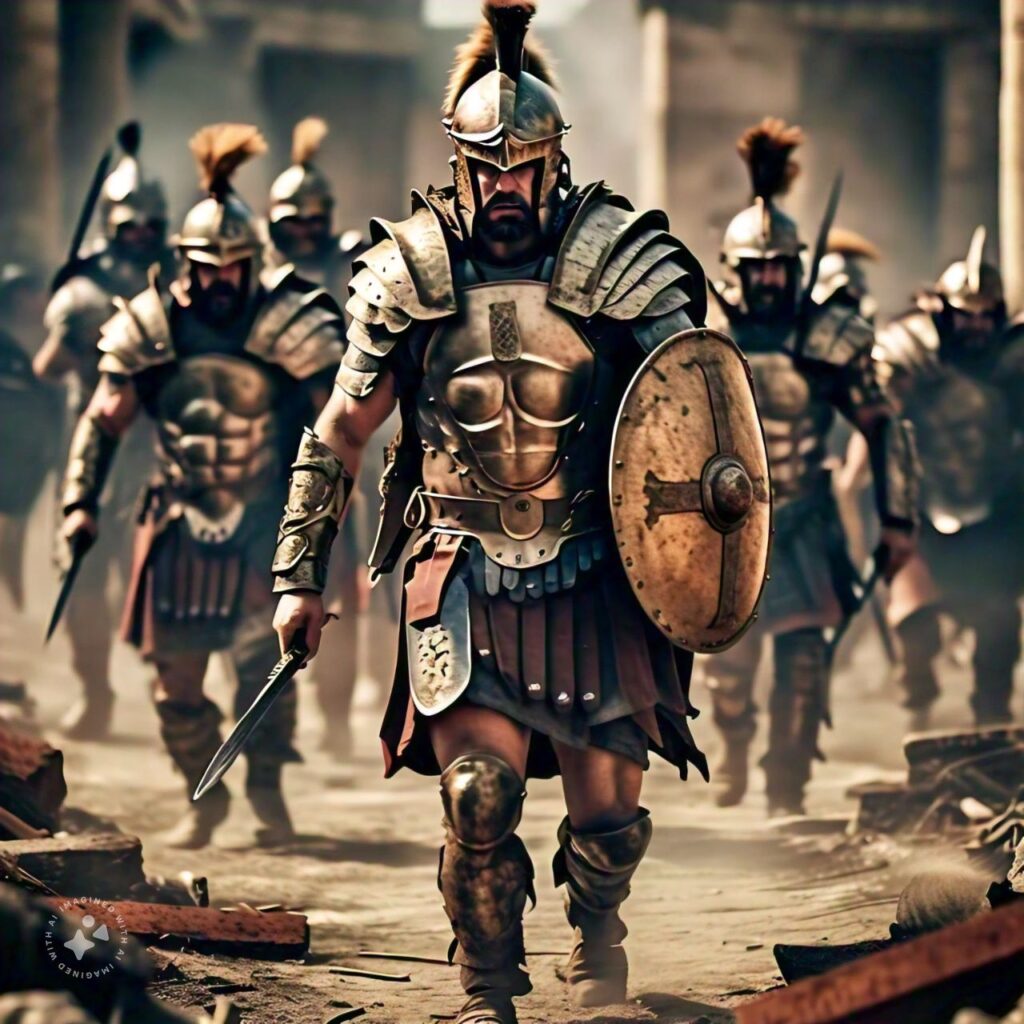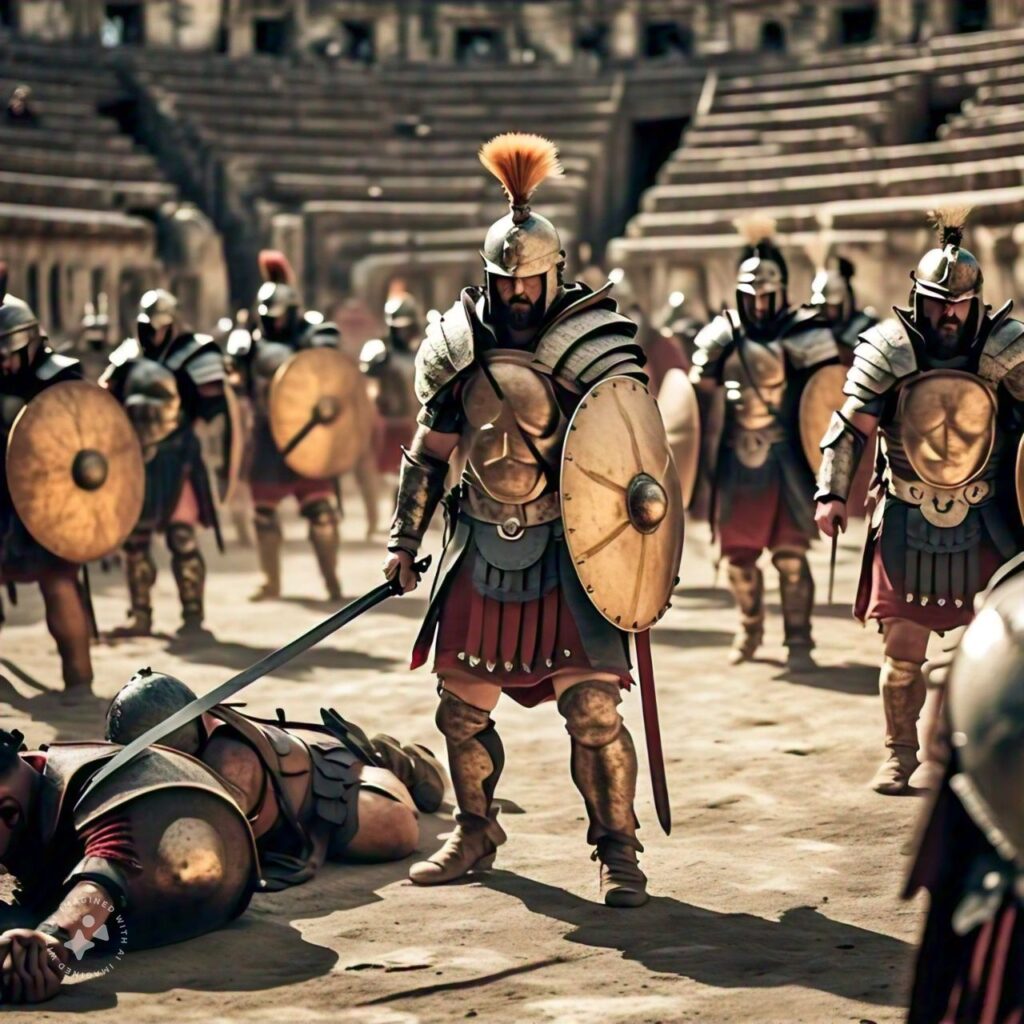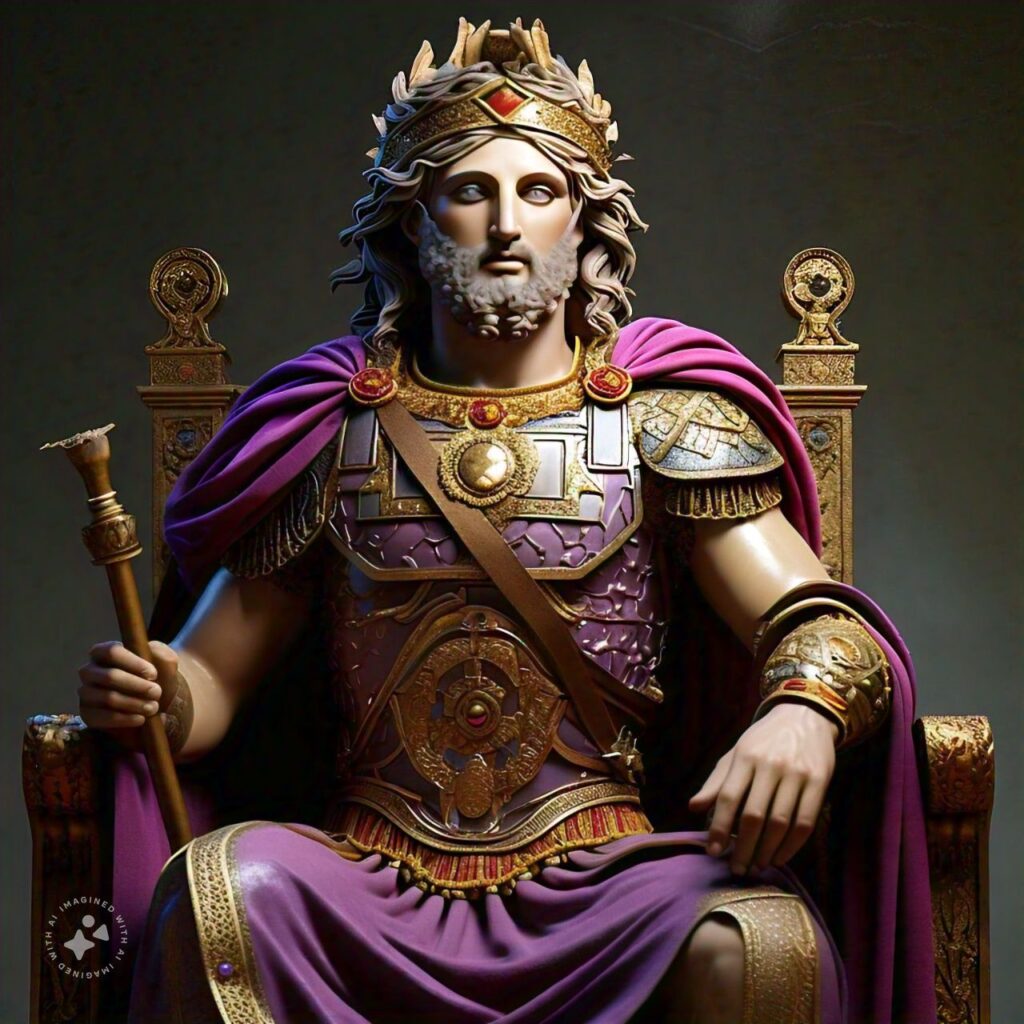Hero or villain? The Reality of Alexander the Great
I’m still stuck in ancient Greece, where every street echoes
the dialogues of Socrates.students of Plato’s Academy debate
the philosophy of the New World, and somewhere Aristotle
organizes the principles of ethics and science in his writings.
With preparations for the Olympics in full swing,
sports excitement is everywhere. But away from the world of
these philosophical games, Alexander the Great is
reaching the height of his fame on the battlefield, and stories
of his victories are heard everywhere. But are these great
victories really proof of greatness, or is there a bloody and
cruel story behind it? I wonder what Alexander’s character
was “a hero or a tyrant?”
Alexander the Great was born in 356 BC and in his short life
established a vast empire from Greece to Egypt and India.
He is credited with promoting Greek culture and military prowess,
but did Alexander really perform any academic, philosophical,
or artistic services? Probably not. The real story associated
with Alexander’s name is not one of victory, but of slaughter
and destruction. A conqueror who, wherever he went, played
bloodshed, burned cities and spared not even women and children.
Take, for example, the revolt of Thebes in 335 BC.

Thebes took up
arms against Alexander’s rule, but Alexander not only crushed the
rebellion, but completely razed Thebes to the ground. More than
6,000 civilians were killed, including innocent women and children.
The rest of the population was sold as slaves. Was it really a sign
of greatness? Or just a brutal show of force?
Mentions the Indian city of Massaga, where Alexander ordered the
soldiers to kill opponents despite their surrender. He killed thousands of soldiers
and civilians, while the war was over. Alexander did not
just win victories, but continued his cruel rule even after the victory.
The siege of the Phoenician city of Tyre, and then its end, is
also a proof of Alexander’s darkness. After a seven-month siege,
the city surrendered, but instead of showing mercy, Alexander
had 2,000 soldiers killed and 30,000 citizens enslaved.
Alexander’s cruelty was not limited to his enemies; He did not
even spare his close friends and colleagues. Cletus, who had saved
Alexander’s life, Alexander killed him in a brawl at a drunken party.
Alexander’s cynicism and intolerance were an expression of his
growing fanaticism, rendering him a tyrannical ruler.
Another important event is Persepolis, where Alexander burned the
capital of the Persian Empire. The destruction of this great city
is sometimes presented as revenge, sometimes as a show of strength,
but in reality it was simply an unnecessary and cruel act.

To say about Alexander the Great that he was a great conqueror
is to look at reality from a limited perspective. Alexander’s real
story is more of blood and destruction than conquest and cultural
advancement. Wherever he went, he left traces of destruction and
destruction. The massacre of millions, the destruction of cities,
and the killing of his own people paint the true picture of his rule.
To describe Alexander’s conquests as great achievements is an incomplete
and unfair narrative of history. The conquests that keep his name
alive thousands of years later have bloodstains that will remain forever.
Hear the Audio of the whole article.
Share our content on your profiles and help us grow!


